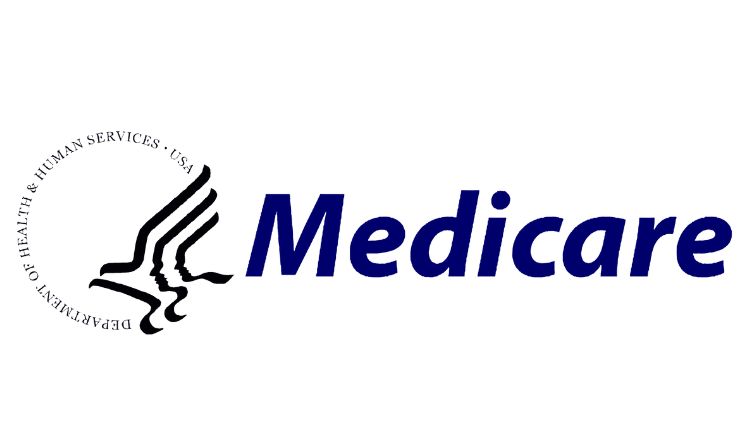
Medicare Rebates for Eyelid Surgery
If you are looking to have eyelid surgery, you should know whether you are eligible for blepharoplasty Medicare for it. The cost will depend on the surgeon and the facility where you’re going to have the procedure. You must submit documentation or photographs of obstruction in the visual field. Your physician must recommend the surgery based on these documents and your condition.
Eyelid Surgery Medicare Rebate
Eyelid surgery is a common cosmetic procedure, but it may not be covered by Medicare. Eyelid skin drooping over the iris may impair the field of vision and be a candidate for drooping eyelid surgery. To be eligible for an MBS rebate, you must present clinical evidence of your need for eyelid surgery, such as a report from your eye doctor or photographs. You may also need to provide diagnostic evidence.
The condition that requires eyelid skin reduction must interfere with the field of vision and have a negative impact on vision. For this procedure to be covered by Medicare, the patient must demonstrate that the excess skin is preventing normal vision, or is causing significant complication. Medicare also requires that the procedure be performed by a Medicare-approved surgeon. In addition, Medicare requires photographs of the eyelid condition that is preventing the patient from seeing clearly.
Medical Necessity
Although belpharoplasty is typically considered a cosmetic procedure, there are situations when it is considered medically necessary. For example, if the condition of the eyelids is causing the patient to experience difficulty seeing, they may be able to qualify for this procedure through their health insurance plan. Before the patient can be approved for surgery, he or she must undergo a visual field exam and provide documentation for this to their health insurance company.
Medical necessity for blepharoplasty may be determined based on several factors, including the underlying health condition and the visual field defects. In addition, if the procedure is used to repair a defect caused by trauma or tumor-ablative surgery, it may be deemed medically necessary. Finally, it may be performed as a treatment for painful blepharospasm.
Costs
Costs of belpharoplasty surgery vary widely. The procedure itself may cost up to $3,000, but this doesn’t include physician fees. Medicare covers these costs up to a certain limit. Medicare also reimburses doctors for a portion of the procedure if they can document that the drooping skin is compromising a patient’s vision. The surgeon must test the patient’s vision before recommending the procedure.
The average cost of a blepharoplasty is over $3000, but it may vary depending on the surgeon’s experience, where you live, and what kind of procedure you need. Other costs may include facility fees, anesthesia, and medical testing done before the surgery. Medicare may cover the day-care costs for eligible patients. Medicare recipients should contact their physician and health insurance provider to discuss specific costs.
Recovery
Before the procedure, it is important to plan your recovery schedule. You will want to avoid strenuous activities and heavy lifting, but it is also important to make sure you get enough rest and movement. It is also important to eat foods high in nutrients and antioxidants, which will promote healing. Also, moving your body will help release endorphins, which are good for your mood and health.
Usually, patients should take five to ten days off from work or other strenuous activities while they heal. This time will allow the swelling and bruising around the eyes to go down. However, you should still avoid activities that could irritate or dry your eyes.
Preparation for Surgery
The first step in preparing for a belpharoplasty is to make sure that you are as comfortable as possible. You will likely have anesthesia administered before the procedure to make sure that you will not feel pain or discomfort. The surgeon will then make small incisions to remove excess skin, muscle tissue, and fat.
Your physician will perform a preoperative examination to determine if you are a good candidate for the surgery. This examination will include a discussion of your medical history and current medications. It will also allow you to ask any questions that you may have. Your physician will also give you instructions on what to do to prepare for your procedure. For instance, you will need to stop smoking at least four weeks before your surgery and refrain from taking aspirin or blood thinners.




